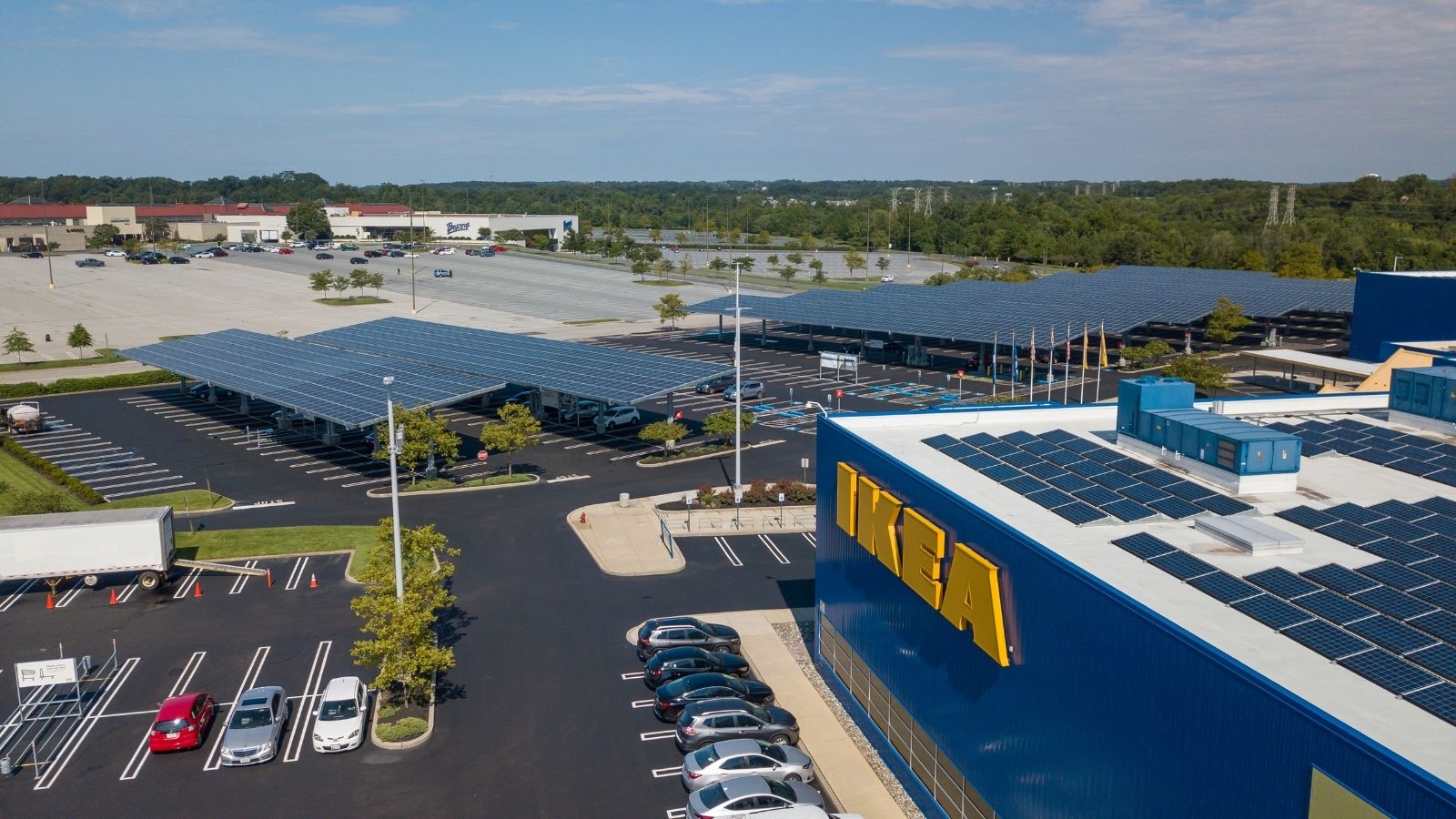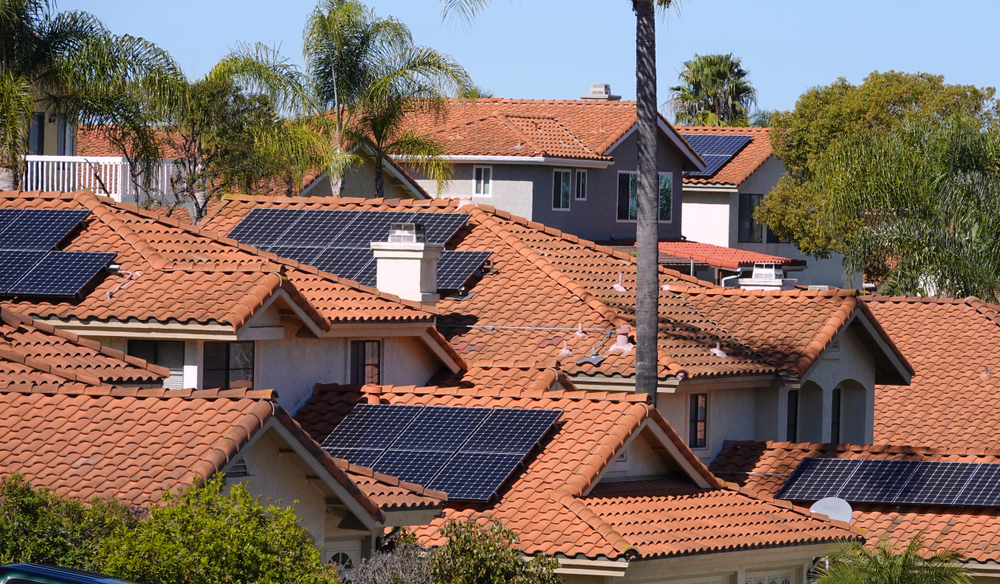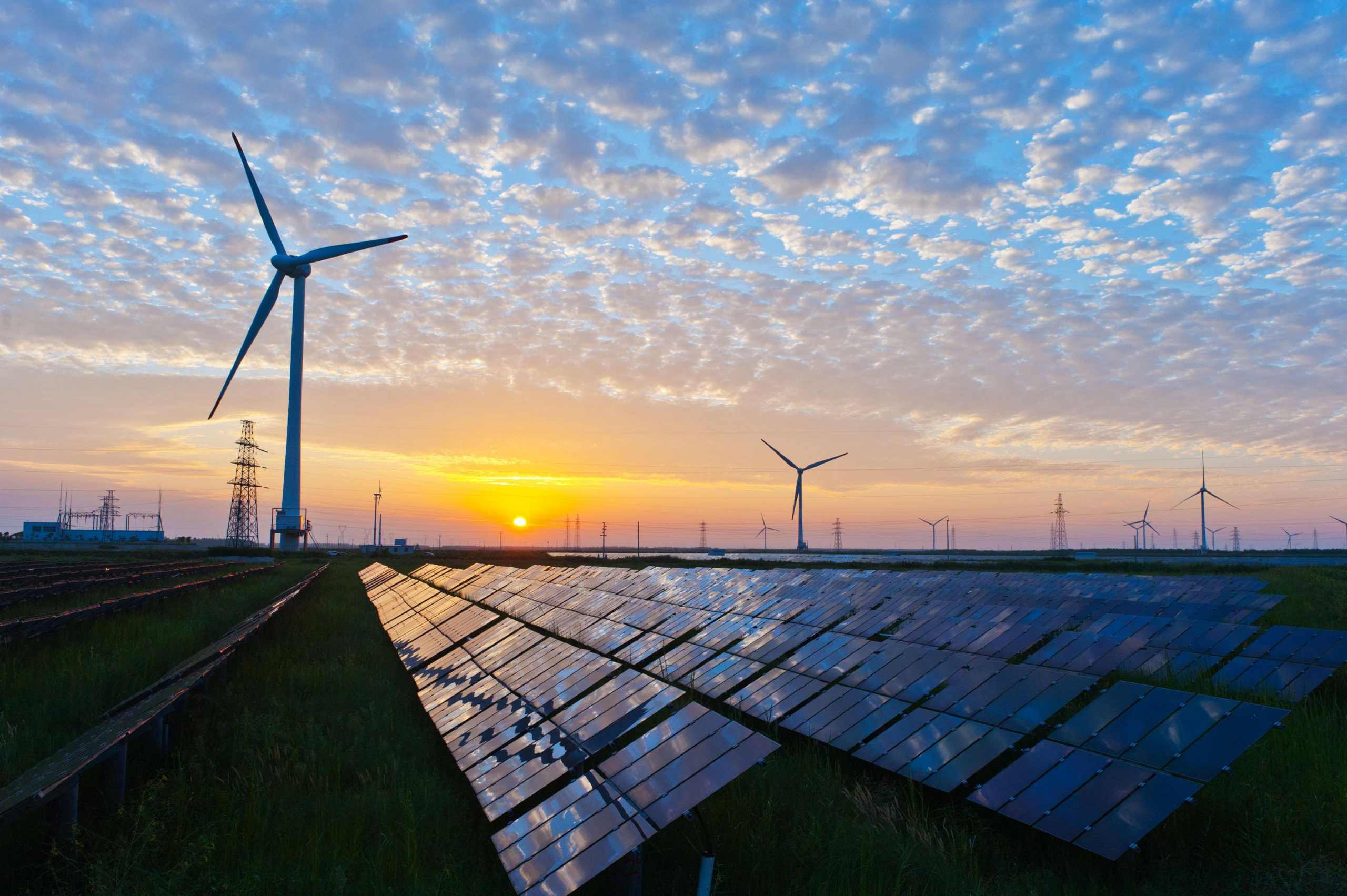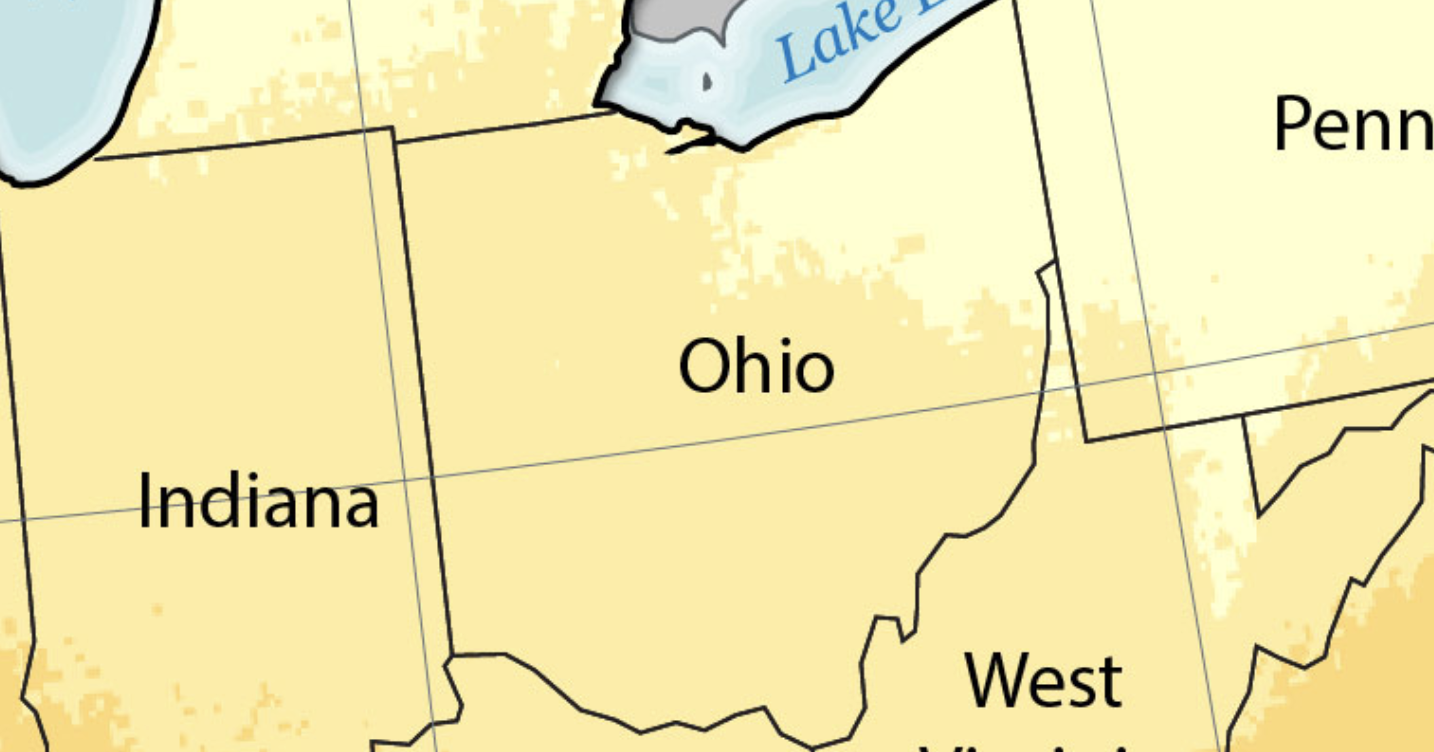
Businesses, it’s time to think on top of the box
Superstores can help the environment and their bottom lines by installing solar panels

Our transition to 100% renewable energy will require all hands on deck. While individuals, governments and nonprofits all have important roles to play, it’s crucial that the business community also lead on environmental protection.
Fortunately, companies are prioritizing clean energy more than ever before. Most large businesses already have basic sustainability plans. Many have pledged to reduce greenhouse gas emissions and get more energy from renewable sources. While these commitments are a step in the right direction, more must be done. We must ensure that this is the year where plans become reality and bold environmental solutions are quickly implemented.
Savvy corporate executives are often known for thinking outside of the box. Current times, however, call for certain companies to think on top of the box.
That’s because the roofs and parking lots of big box stores have big solar potential. A recent Environment America Research & Policy Center report found that the country’s big box retail and grocery stores – think Walmart, Costco and Kroger – could generate 84.4 terawatt-hours of rooftop solar electricity each year. That’s enough clean energy to power nearly 8 million average American homes. Plus, building out the full rooftop solar capacity on these stores would eliminate more than 52 million metric tons of carbon pollution annually, which would have the equivalent impact of taking over 11.3 million gas-guzzling passenger vehicles off the road. We can’t afford to pass up this amazing potential.
An increasingly popular energy source, solar has dropped nearly 60% in average price since 2011 and panels are becoming more efficient and enduring. While renewable energy projects should be encouraged across the board, rooftop solar is the best way to conserve energy and nature. Generating solar electricity at or near the place where it is consumed leads to less wasted electricity, as it doesn’t suffer from transmission line losses. Furthermore, putting solar panels on structures already built helps conserve more of our beautiful open spaces and natural areas.
Installing solar panels at every big box store in America would also help build a more stable, resilient electric grid by producing clean energy right where it’s used. Pairing solar panels with batteries and smart inverters enables buildings to operate independently of the larger grid and keep the power on if the grid goes down.
Big box solar would be a boon for these companies’ bottom line as well. The report found that America’s big box stores spend $17.89 billion annually on electricity. The total solar energy generated on their roofs could meet 50.7% of their electricity needs, meaning that once the investment in solar panels is paid off, annual electricity costs would be slashed in half. Examples of the upside to this investment already exist. For instance, Target installed its 500th solar array on site in 2019 and has been able to offset between 15% to 40% of each location’s electricity needs, leading to significant savings. Walmart has installed fewer panels than Target, but has already saved more than $1 million by going solar.
In addition to the direct savings on electricity, big box stores can attract broader and deeper support from customers by walking the walk on local rooftop solar production. A study by Deloitte found that one-quarter of consumers would switch to buying companies’ products specifically because of shared environmental values. By reducing annual costs and attracting new and more passionate customers, big box retailers can reap significant financial benefits from going big on solar energy.
The bottom line: Installing solar on superstores would be a win for business, consumers, the grid and the environment. Any viable big box location that isn’t covered with a solar array is a missed opportunity, one that we can ill afford in 2022. As we transition to 100% renewable energy, big retailers should do their part to make rooftop and parking lot solar ubiquitous. It’s time to think on top of the box.
Topics
Authors
Johanna Neumann
Senior Director, Campaign for 100% Renewable Energy, Environment America
Johanna directs strategy and staff for Environment America's energy campaigns at the local, state and national level. In her prior positions, she led the campaign to ban smoking in all Maryland workplaces, helped stop the construction of a new nuclear reactor on the shores of the Chesapeake Bay and helped build the support necessary to pass the EmPOWER Maryland Act, which set a goal of reducing the state’s per capita electricity use by 15 percent. She also currently serves on the board of Community Action Works. Johanna lives in Amherst, Massachusetts, with her family, where she enjoys growing dahlias, biking and the occasional game of goaltimate.
Find Out More

Dazed and confused: A bewildering new landscape could face California solar consumers

State clean energy leadership is providing hope in the fight against climate change.

Kansas: Evergy pushes to price solar out of the state

